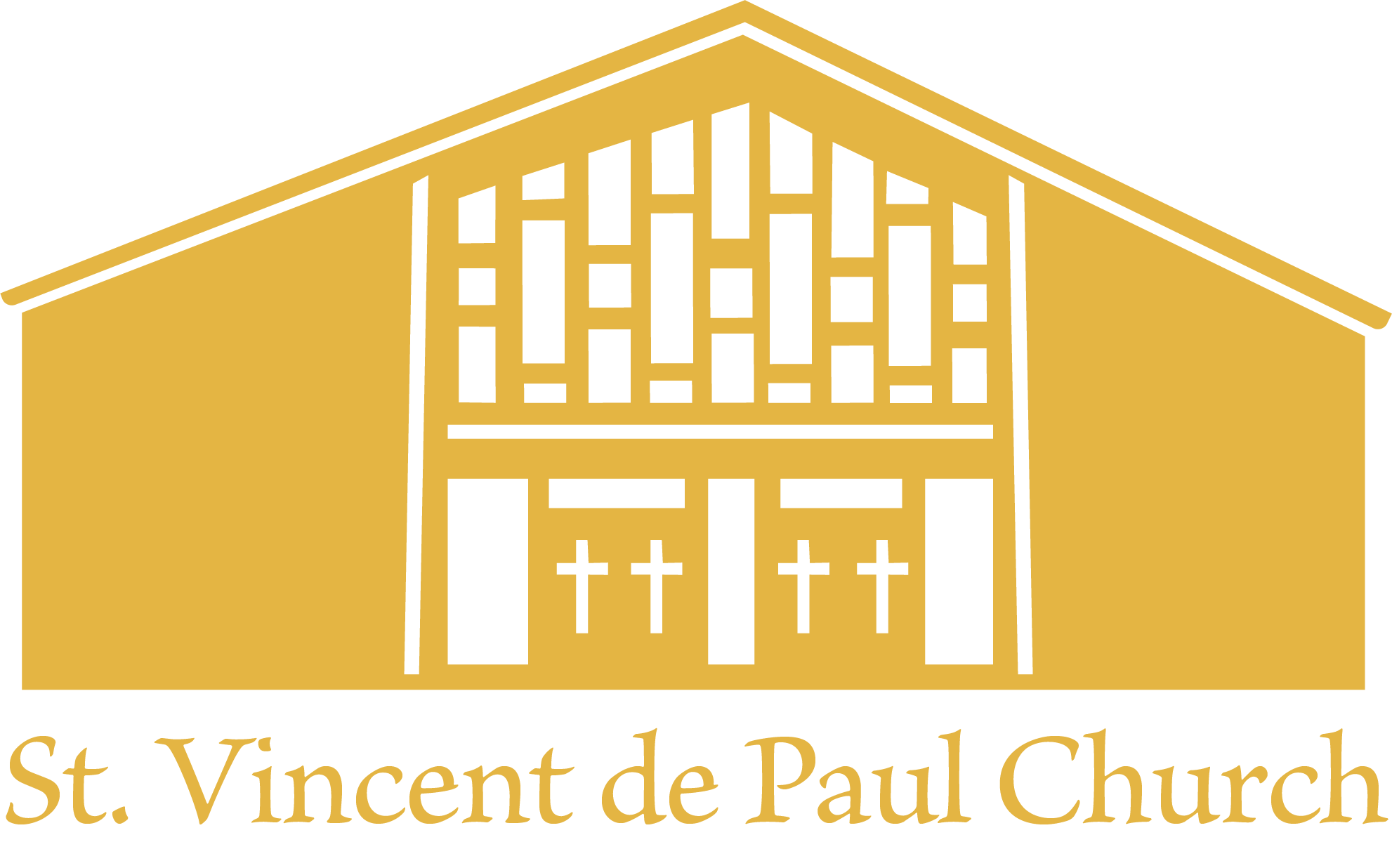Funerals
Funerals
The responsibility for the ministry of consolation rests with the believing community, which heeds the words and example of the Lord Jesus: "Blessed are they who morn; they shall be consoled" (Matthew 5:3). Each Christian shares in this ministry according to the various gifts and offices in the Church. The faith of the Christian community in the resurrection of the dead brings support and strength to those who suffer the loss of those whom they love.
Funerals at St. Vincent's
At the time of death, please call the Parish Office for the prayers and support of the parish. The Funeral Director also assists in the preparations for the Funeral Mass, and works with the priests. Funerals should normally be celebrated in the parish church of the deceased. However, any member of the faithful, or those in charge of the deceased person’s funeral, may choose another church; this requires the consent of whoever is in charge of that church and a notification to the pastor of the deceased.
Whenever possible the family should be involved in planning the funeral rites: e.g. in the choice of readings and readers, and in the selection of music.
Words of remembrance — a eulogy — may be given after the Post Communion prayer during a Funeral Mass, in which case one person should speak for the family in well-prepared, written comments lasting no more than 5 minutes.
Cremation and Burials
The Church permits cremation provided that it does not demonstrate a denial of faith in the resurrection of the body, but prefers and urges that the body of the deceased be present for the funeral rites, since the presence of the human body better expresses the values which the Church affirms in those rites. However, when circumstances necessitate cremation before the funeral liturgy, the Mass may be celebrated in the presence of the cremated remains.
Since in Baptism the body was marked with the seal of the Trinity and became the temple of the Holy Spirit, Christians respect and honor the bodies of the dead and the places where they rest. A Catholic cemetery is considered a sacred place, and supports our belief in the resurrection of the body and the communion of saints; however, a Catholic may be buried in a non-Catholic cemetery, in which case the priest blesses the grave. After a cremation, the ashes are to be buried in a cemetery, or placed in a columbarium. The practice of scattering cremated remains on the sea, from the air, or on the ground, or keeping cremated remains in the home of a relative or friend of the deceased is not the reverent disposition that the Church requires.
